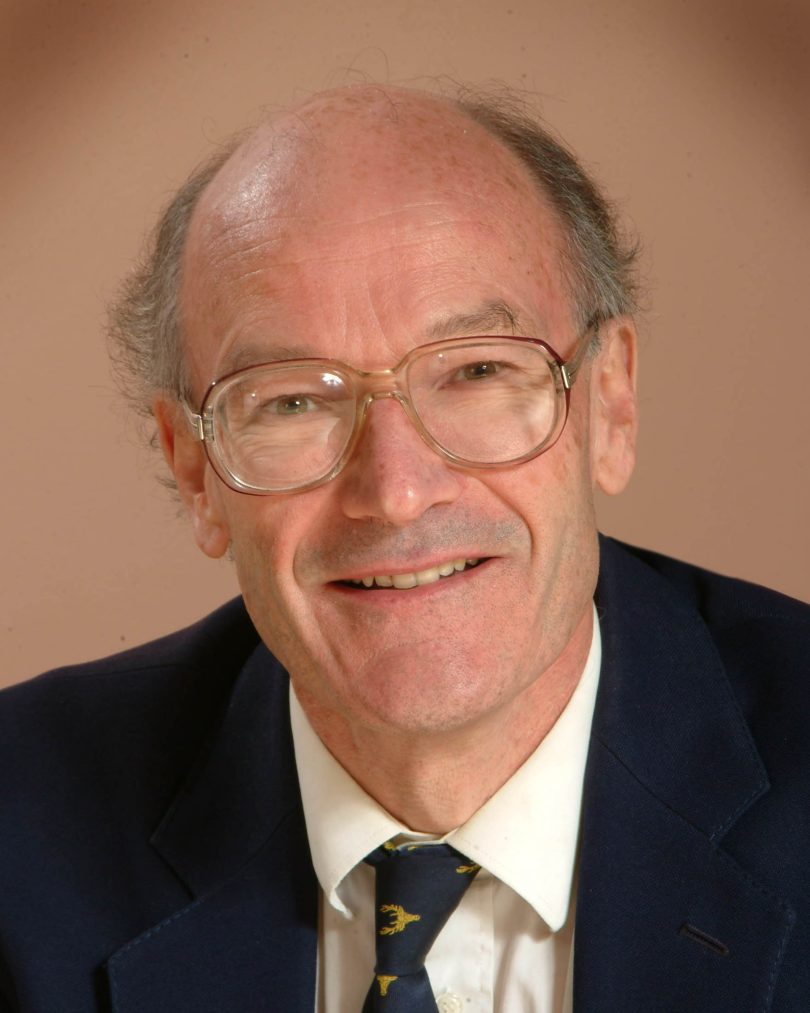Paul Ekins has a Ph.D. in economics from the University of London and is Professor of Resources and Environmental Policy at the UCL Institute for Sustainable Resources, University College London. He was a Member of the European Resource Efficiency Platform and Vice-Chair of the previous European Environment Commissioner’s Expert Economists’ Group on resource efficiency. He is a member of UNEP’s International Resource Panel (IRP), and was the lead author of the IRP’s reports on resource efficiency (commissioned by the G7 governments and presented in Japan in 2016) and mineral resource governance (published in 2020). He was a Co-Chair of UNEP’s sixth Global Environment Outlook (GEO-6), which was presented to the fourth United Nations Environment Assembly in Nairobi in March 2019. Paul Ekins’ academic work focuses on the conditions and policies for achieving an environmentally sustainable economy. He has published numerous academic papers and 13 books, the most recent of which is is Stopping Climate Change: Policies for Real Zero (Routledge, 2024). Paul Ekins has received UNEP’s Global 500 Award ‘for outstanding environmental achievement’, and an OBE in the UK ‘for services to environmental policy’.
Lecture: Stopping Climate Change: Policies for Real Zero
It is now well understood that climate change is one the greatest threats to humanity’s future. This lecture will outline the main technologies through which climate change can be stopped, and will explore the principal policies that will be required for these technologies to be implemented at scale. Many of society’s most fundamental systems – energy, transport, buildings and most industrial sectors – will need to be transformed for climate change to be effectively, and this will require very great investment. Provided that these investments are made in a timely and productive manner, and that the transition is enabled to proceed in a fair and just manner, it will be shown that it is likely that the shift to Real Zero will bring about a new era of clean industrial economic growth and prosperity.
Lecture: Policies for Sustainable Resource Management and a Circular Economy
Human societies are using more and more materials to satisfy their needs and wants. Drawing on the insights and data from the International Resource Panel’s Global Resources Outlook 2024, this lecture will discuss what sustainable resource management means, and how it might be achieved by resource management policies and moves towards a circular economy. The required policies, working alongside climate policies, will need to transform society’s main ‘provisioning systems’: the way in which they deliver to their populations food, shelter, energy and mobility.

